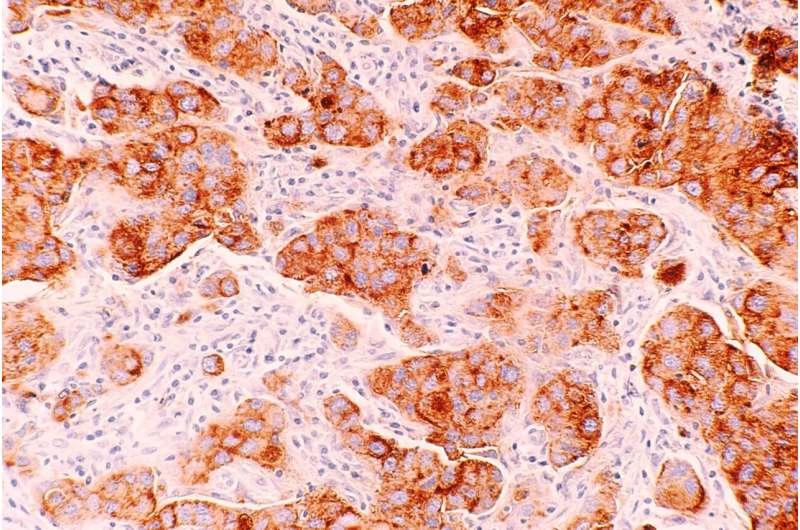Patients Prioritize Communication Skills in Cancer Surgery: Insights from Recent Research

Recent research underscores the vital role of communication skills in cancer surgery, revealing six key areas patients prioritize for better care and outcomes.
Receiving a cancer diagnosis can be an overwhelming and distressing experience for patients and their families. A recent comprehensive review highlights the importance of effective communication between cancer surgeons and their patients, emphasizing six key areas that significantly influence patient satisfaction and outcomes.
The review, presented at the American College of Surgeons (ACS) Clinical Congress 2025 in Chicago, systematically analyzed 15 studies involving over 2,400 efforts to understand patient preferences in surgical oncology communication. The findings reveal that patients value emotional support and the surgeon’s demeanor, appreciating practitioners who deliver honest yet compassionate information that acknowledges the emotional impact of a cancer diagnosis.
Another critical aspect is setting realistic expectations about long-term effects and potential risks associated with treatment options, which helps patients better understand how their care may influence their quality of life. Patients also favor the use of communication aids, such as visual tools, pamphlets, or simple physical gestures like sitting down or offering a comforting touch, to facilitate understanding.
Shared decision-making emerged as a nuanced area, with some patients preferring a surgeon to guide the treatment plan, while others wish to actively participate in these choices. Recognizing individual preferences can lead to more personalized care.
Furthermore, patients show a desire to understand their prognosis and long-term outlook, often requesting statistical data about their cancer and expected outcomes. However, if prognosis is grim, many prefer not to receive detailed information to preserve hope. Additionally, the office environment and team interactions matter, with patients favoring integrated care teams and transparent communication among healthcare providers.
Dr. Shruti Koti, the lead author, emphasized that while surgeons are extensively trained in technical skills, enhancing communication is equally vital. The study underscores that effective, empathetic communication can improve patient adherence, satisfaction, and overall outcomes, and breaks down complex conversations into reproducible, teachable skills.
Despite limitations like small sample sizes and lack of demographic data, this research provides a valuable framework for refining surgeon-patient interactions in the context of cancer care. Future studies aim to explore how variables such as age, race, and socioeconomic status influence communication preferences.
This evolving understanding highlights the critical role of compassion and clarity in surgical oncology, fostering a more patient-centered approach that can ultimately lead to better health outcomes.
Stay Updated with Mia's Feed
Get the latest health & wellness insights delivered straight to your inbox.
Related Articles
Huntingtin Protein’s New Role in Cytoskeleton Organization Reveals Insights into Neurodegenerative Diseases
New research uncovers the role of huntingtin protein in organizing the cytoskeleton, offering fresh insights into the mechanisms of neurodegenerative diseases like Huntington's. Discover how this protein influences cell structure and neural connectivity.
How Cell Metabolic Communication Hampers Anti-Tumor Immune Responses
New research reveals how cancer cells manipulate neighboring cells’ metabolism, promoting immune suppression and tumor growth, opening potential pathways for improved cancer therapies.
Advancements in Gene Editing Offer Hope for Adult-Inherited Progressive Deafness
Breakthrough gene editing research shows promise for treating adult-onset genetic deafness, restoring hearing and balance through a single, targeted therapy. A significant step towards personalized medicine in otolaryngology.
Breast Cancer Survival and Its Link to Reduced Alzheimer's Risk: The Role of Radiation Therapy
Breast cancer survivors may experience a short-term reduction in Alzheimer's disease risk, especially with radiation therapy. New research highlights the impact of treatment on cognitive health in long-term cancer survivorship.



